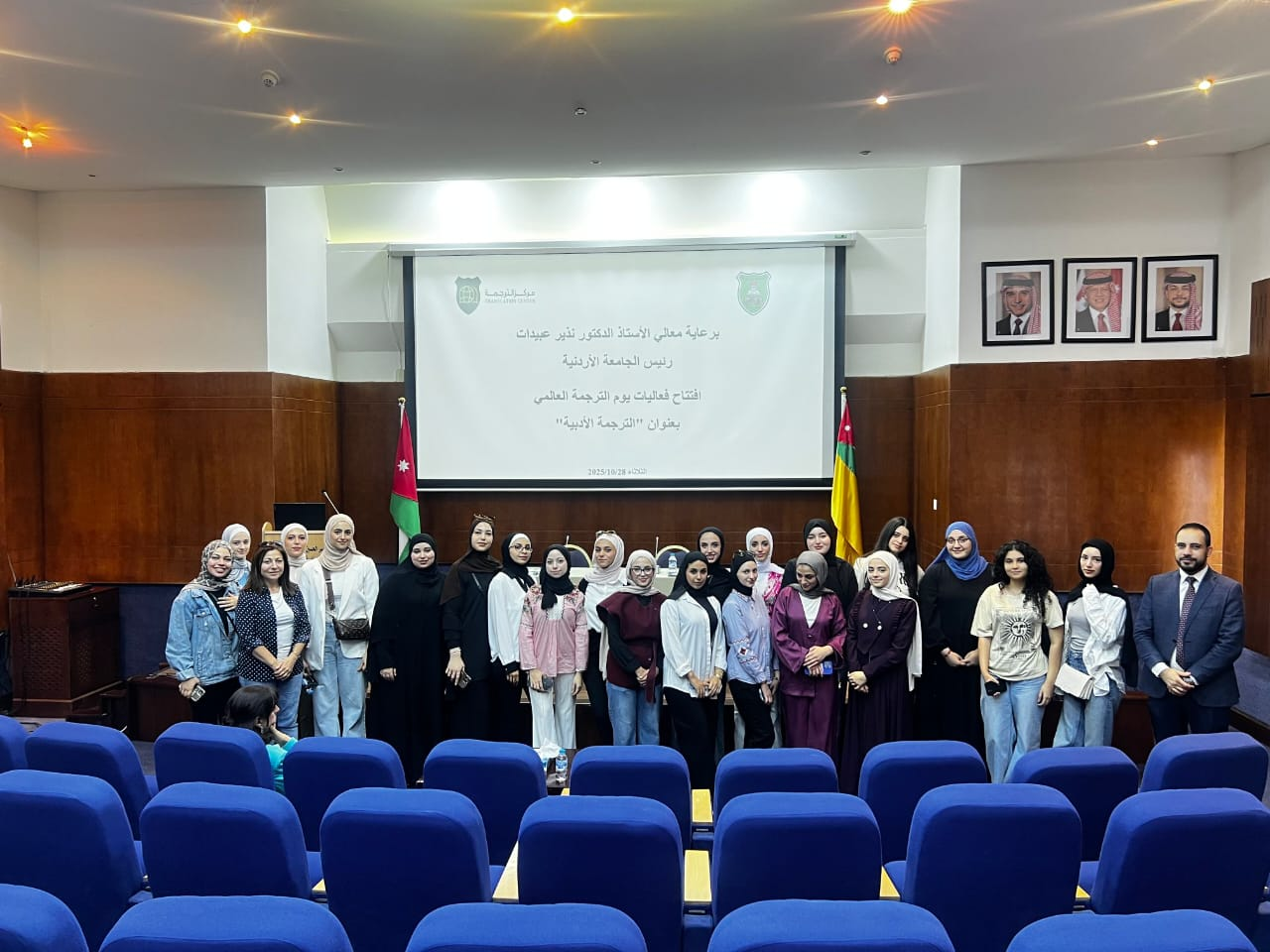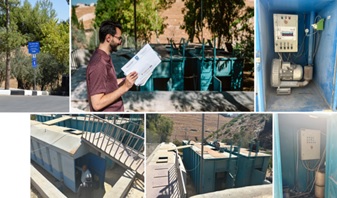Al-Ahliyya Amman University

26 June 2014
Cancelling Tawjihi examination is a national requisite
Twenty years ago, I urgently requested cancelling Tawjihi examination. I have indicated the reasons underlying this request in a seminar hosted on Jordan TV. I also raised this issue in Syria and Egypt. I have lived in these two countries and saw the magnitude of suffering caused by this exam. Students and their families suffer emotionally during this exam, as well as economically, given the financial losses incurred to the families and the country, without achieving any returns. I was concerned for this proposal to be taken seriously. Therefore, I asked King Hussein, may God rest his soul, the late President Hafith Al-Asad, and former President Mohammad Hussni Mubark, to urge them to take this difficult resolution, which can only be taken at the ministers’ level. This exam has been in practice throughout long years, which makes it taken for granted without anyone even considering its elimination. Following the TV seminar, I wrote about the issue in the local newspapers. My proposal was well-received by some, while it was rejected by others. Among the former ministers who were convinced of the importance of eliminating it is Dr. Fawzi Gharaibeh, former minister of education, but the short term of his office prevented this proposal from coming a reality. A few days ago, I read in a local newspaper a statement by the former Prime Minister, Mr. Sameer Rifaei, requesting the cancelation of Tawjihi examination. I would like to outline some of the most significant reasons that call for cancelling this examination, which can be summarized as follows:First: The accelerating technological development, which is pursued by children and the young generation fondly and enthusiastically. On the other hand, it is hard for the older generation to keep abreast with this rapid development, which is not accepted by many of them. Thus, access to information in all fields became easy to the young and adult generation. As a result, schooling has become increasingly dependent on information technology. An illiterate is now the person who does not know how to deal with this extremely fast technology and development. In turn, this promotes creation, innovation, and positive competition among the young generation. Second: Passing Tawjihi examination depends on acquiring the highest grades, which in turn depends on the information memorized from the text books and which are forgotten over time. If we ask ourselves how much do we memorize from the examinations we have taken throughout our school life, the answer would be null or almost null. If a student fails a certain subject, he keeps repeating it until he passes. So, what is the benefit from repeating the subject in this case, which occurs to a very great extent.The importance of one’s study is determined based on the extent to which it helps him expand his horizons, thinking ability, and discovering his talents that help him excel in a certain field. Third: In the university, the student chooses his major based on his Tawjihi grades, regardless of his inclinations, interest, and intellectual ability. In most cases, students do not pursue the majors in which they are interested. The alternative approach is developing an entry level for each major at the university, and the students are selected on this basis.Fourth: Students suffer mentally and emotionally during Tawjihi examination which leads to lack of self-esteem and creates huge financial burdens on the family, due to private tutoring. The disadvantages of tutoring outweigh its advantages because it confuses students and conflict with their study at the school.Fifth: The human resources and material efforts exerted by the Ministry of Education to control and manage Tawjihi examination should turn into dedicating attention to the Kingdom schools and raising their level in order to match the age we are living in and the life we aspire for.





